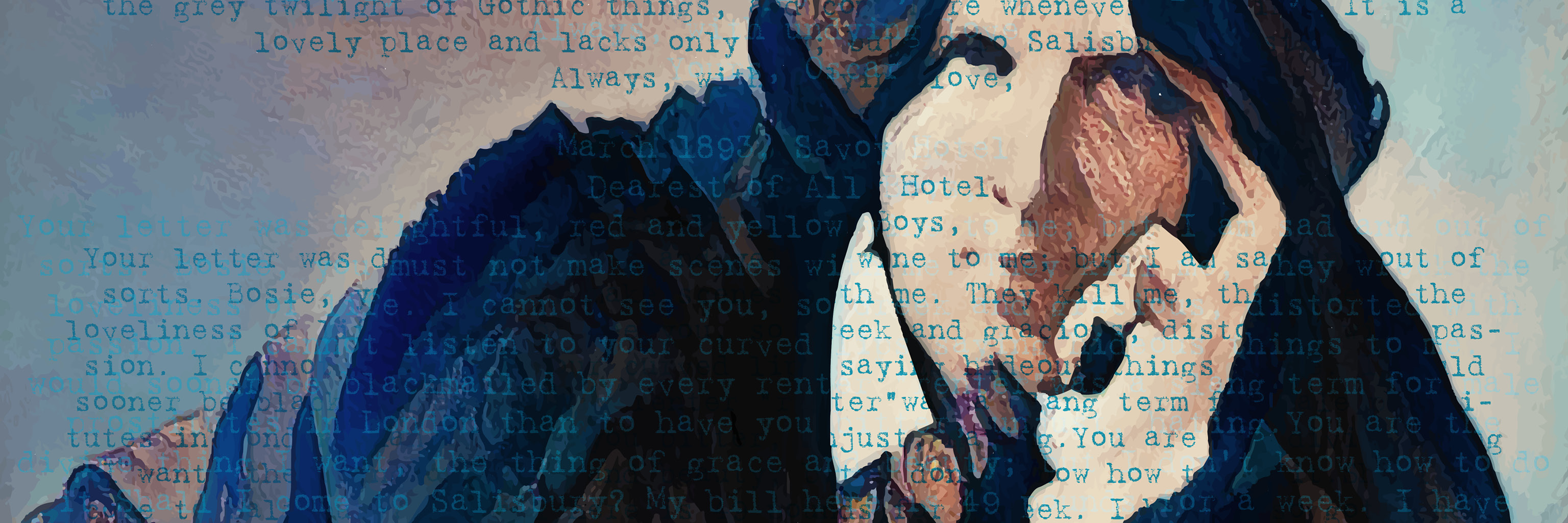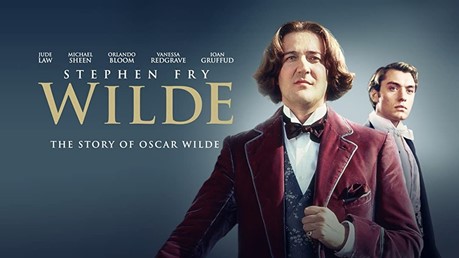The present-day play, Gross Indecency: The Three Trials of Oscar Wilde, combines texts from original source material, like trial transcripts and love letters, to tell the story of the people, the scandal, and what came afterwards. The original production ran Off-Broadway in 1997 and highlighted the growing movement for gay rights. When marriage equality was achieved in 2015, the play was referenced as a cultural touchstone that helped the public contextualize the historic importance of the Supreme Court’s decision.
With the newest iteration of the Supreme Court choosing to reevaluate many previous decisions, like Roe v. Wade, there is a renewed conversation around the rights of same sex couples to marry.
Even here in Indiana, there are debates about the rights of Queer people. For example, the State has failed to pass anti-bullying laws and policies covering LGBTQIA+ students and has also failed to ban the “panic defense” (a defense which allows perpetrators to plea for lesser sentences because they were scared by the identity of the victim).
And so, the lessons of the Three Trials continue to be debated and reconsidered. The IU production brings a new relevance to The Three Trials of Oscar Wilde by juxtaposing traditional Victorian setting with the sights, sounds, and conversations of today. It takes you on an entertaining ride through one of the funniest minds in history while also asking you complex questions about our society today.
Page content compiled by Professor Jaqueline Goldfinger, Gross Indecency dramaturg




 The College of Arts
The College of Arts